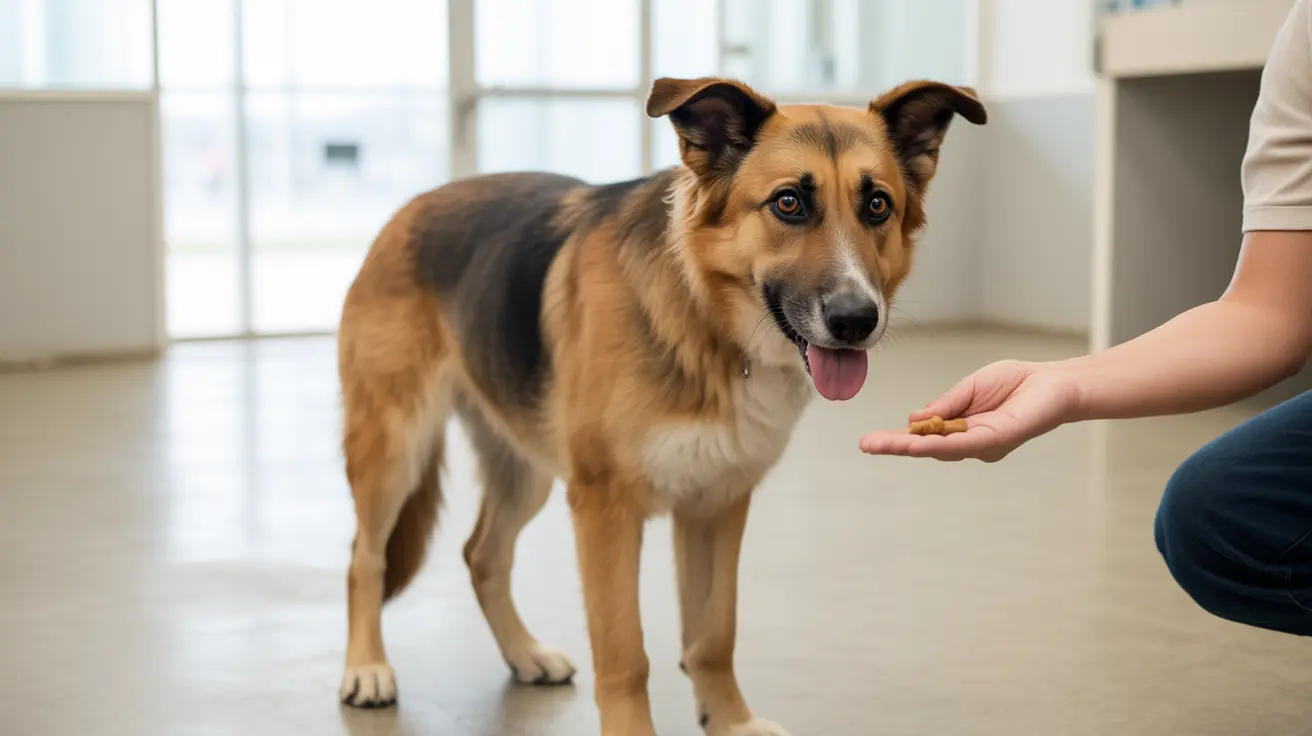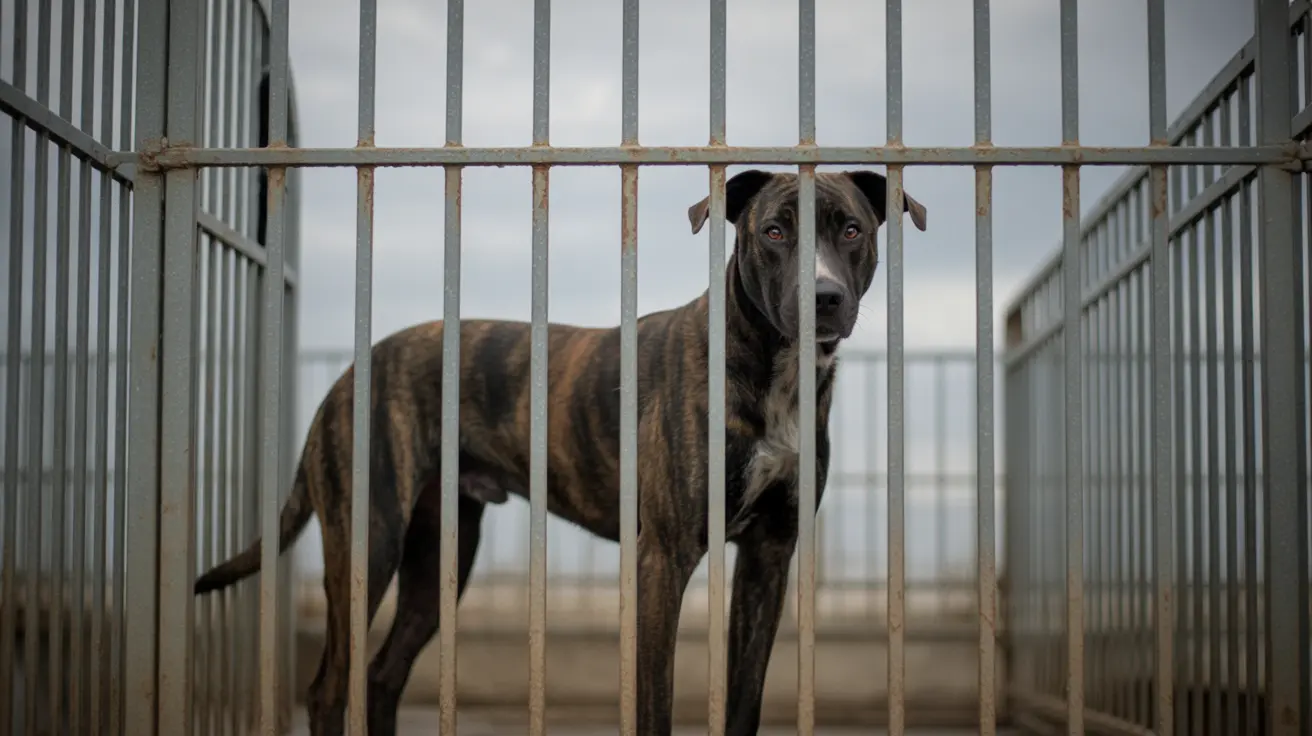Understanding Triaditis in Cats: Recovery, Treatment, and Care
Triaditis is a veterinary term that refers to the simultaneous inflammation of three interconnected organs in a cat’s body: the pancreas (pancreatitis), the liver and bile ducts (cholangiohepatitis), and the intestines (inflammatory bowel disease or IBD). These organs are anatomically and functionally linked, and inflammation in one often leads to problems in the others. This complex condition can be challenging to manage but many cats do recover with the right approach.
Causes and Risk Factors
The exact cause of triaditis is not always clear, but several factors can contribute:
- Chronic inflammation or infections in the digestive system.
- Bacterial migration from the intestines to the bile ducts and pancreas.
- Dietary imbalances or food intolerances.
- Immune system dysfunction, genetic predispositions, or underlying conditions.
Cats suffering from steatitis may be more susceptible if chronic inflammation spreads or compromises immunity. Although the causes are different, both conditions highlight the impact of diet and inflammation on feline health.
Symptoms of Triaditis
The signs of triaditis can vary depending on which organs are most affected. Common symptoms include:
- Lethargy and decreased appetite
- Vomiting and diarrhea
- Weight loss
- Pain or discomfort when touched around the abdomen
- Fever or signs of systemic illness
These symptoms may mimic other conditions, so accurate diagnosis is critical.
Diagnosis
Diagnosing triaditis involves a combination of tools:
- Physical examination and review of medical history
- Blood tests to assess organ function and inflammatory markers
- Ultrasound imaging to visualize inflammation and abnormalities
- Biopsy or fine-needle aspiration to confirm diagnosis when necessary
Since triaditis affects multiple organs, a thorough and collaborative diagnostic approach gives veterinarians the best chance to tailor treatment effectively.
Treatment and Management
Effective treatment for triaditis requires addressing inflammation in all affected organs concurrently. Common treatment strategies include:
- Dietary management: Transitioning to a simple, high-quality diet to reduce gastrointestinal stress.
- Antibiotics: To treat or prevent bacterial infection in the bile ducts or pancreas.
- Corticosteroids or immunosuppressive agents: To reduce inflammation, especially in cases involving IBD or immune-mediated components.
- Fluids and electrolytes: For hydration and supportive care.
- Appetite stimulants: To encourage food intake.
- Pain relief and anti-nausea medications: To manage discomfort and vomiting.
In severe or chronic cases, long-term medication or dietary adjustments may be necessary. Regular monitoring helps evaluate progress and adjust treatment accordingly.
Recovery and Prognosis
With timely and sustained treatment, many cats recover from triaditis. The prognosis depends on the severity of the inflammation and the speed at which treatment begins. Cats with mild to moderate cases often recover within a few weeks, especially when the underlying cause is addressed. Chronic management may be needed in recurrent or severe cases.
Prevention
Preventive strategies focus on overall digestive health:
- Provide a balanced commercial diet with appropriate nutrient levels.
- Avoid long-term feeding of unbalanced homemade meals or fish-heavy diets.
- Maintain regular veterinary checkups
- Treat early signs of digestive issues promptly.
Monitoring Long-Term Health
After recovery, it's essential to monitor your cat’s health to avoid recurrence. Key recommendations include:
- Routine blood tests and ultrasounds as advised by the vet.
- Consistent diet and medication, if needed.
- Observing for signs of relapse—such as appetite loss, vomiting, or bloating.
Pet owners play a pivotal role in recognizing subtle changes in behavior or appetite that may hint at a recurrence.
Conclusion
While triaditis is a complex and potentially serious condition, many cats can recover fully with early intervention, a comprehensive treatment plan, and diligent post-treatment care. A strong relationship with your veterinarian along with attentive home care can help ensure your feline companion returns to a healthy, happy life.





